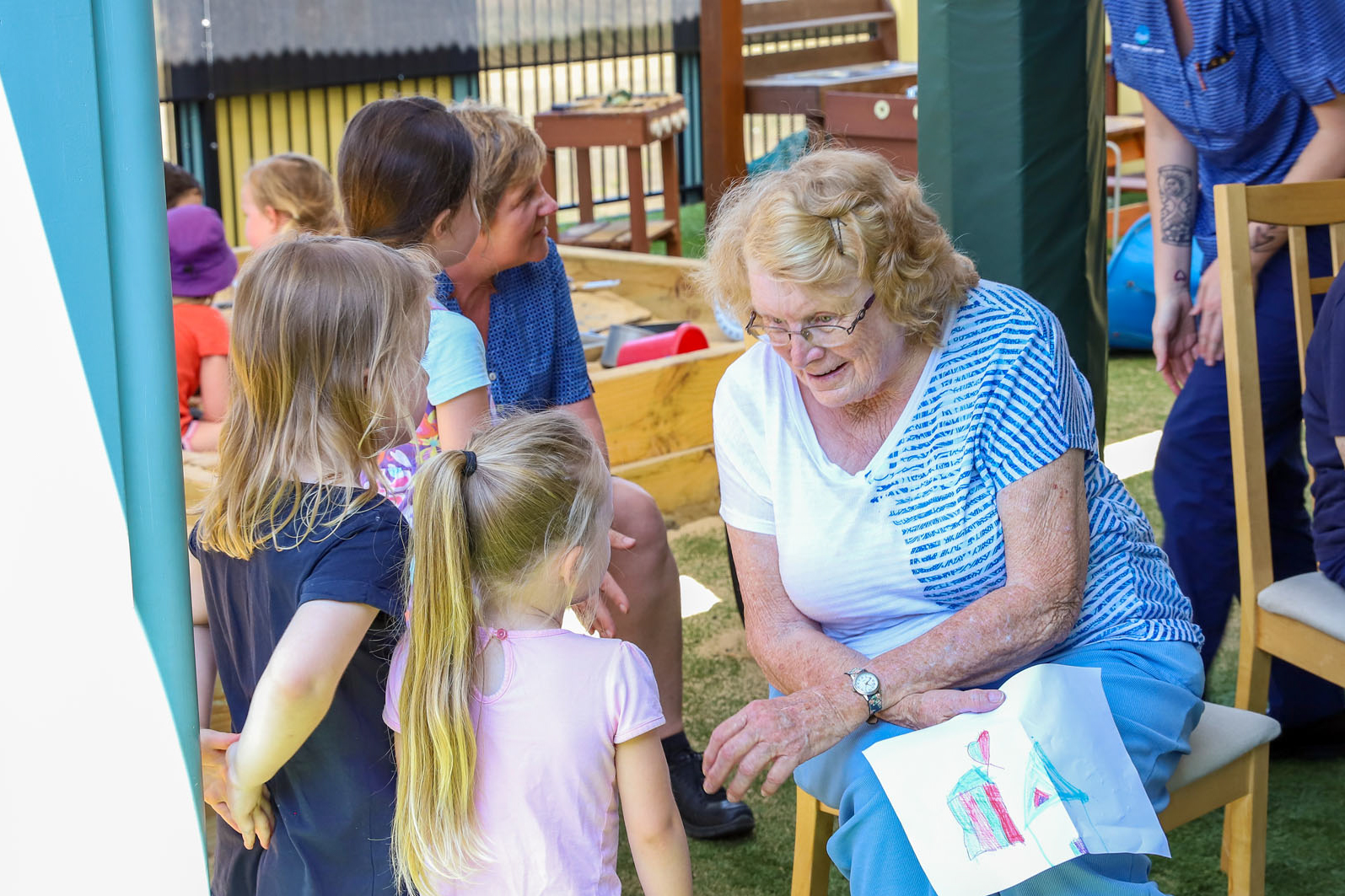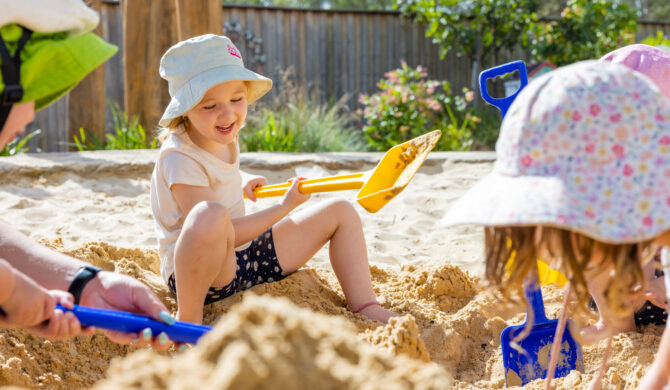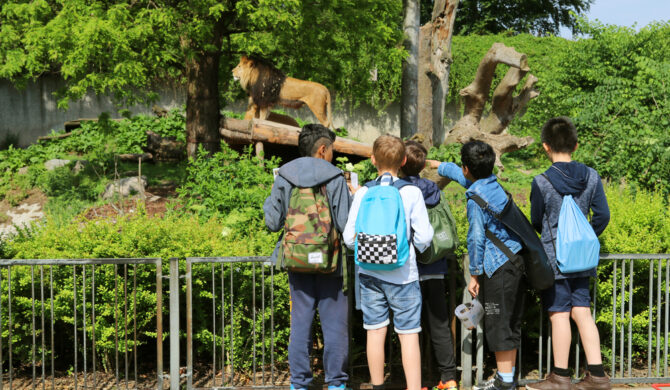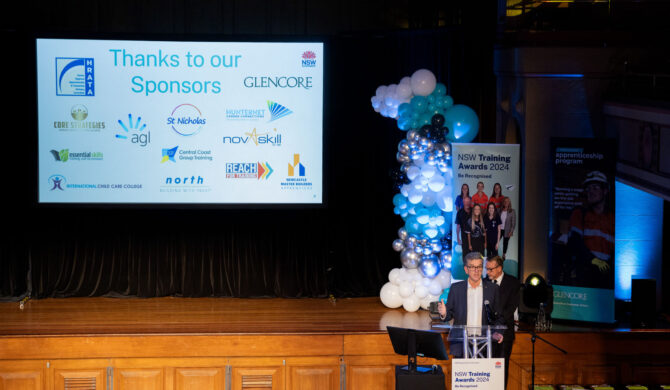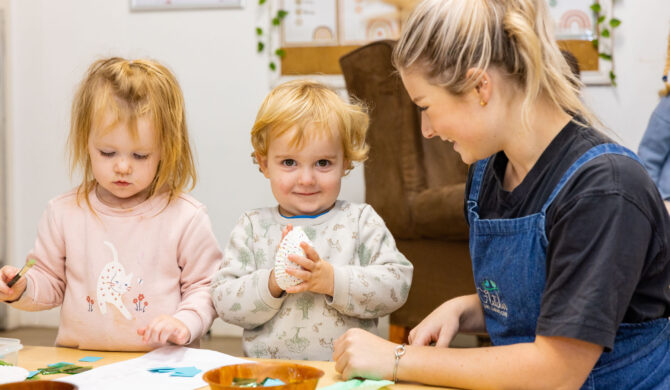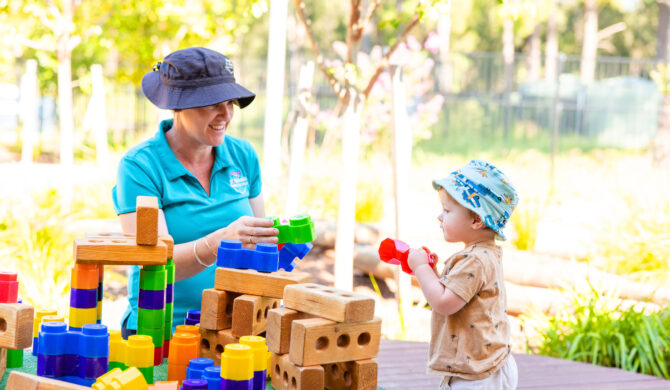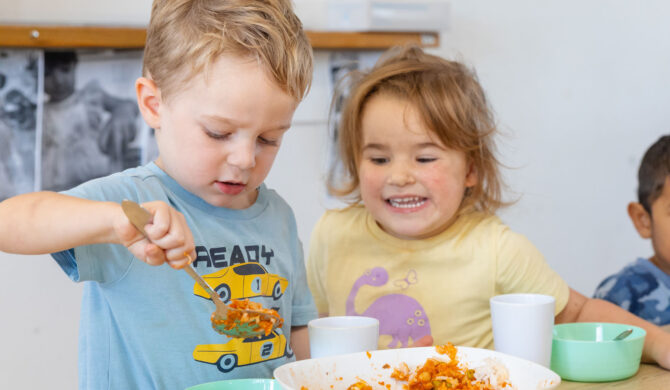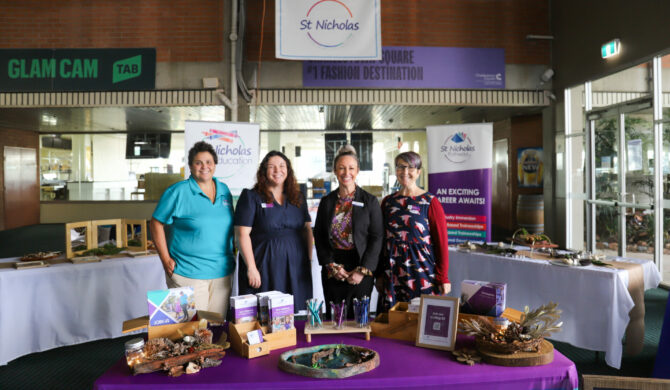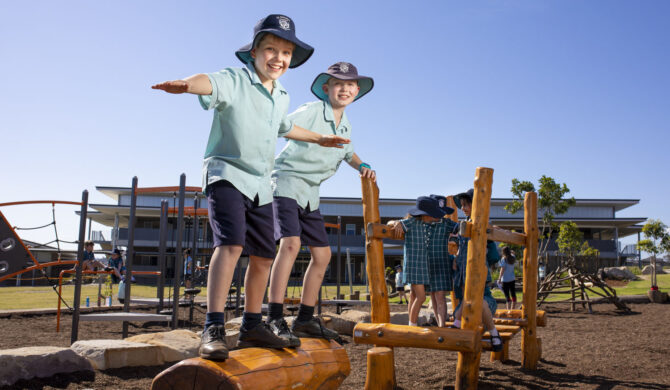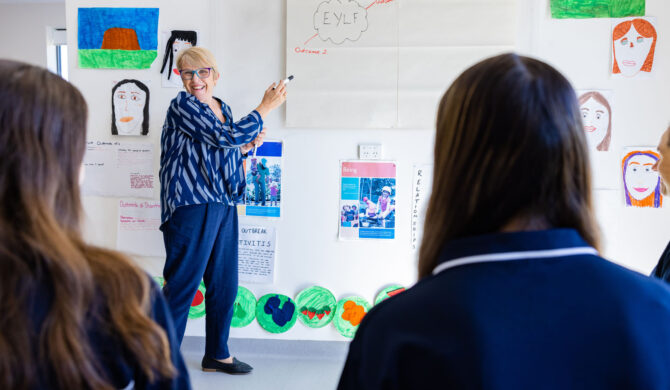This unique partnership not only benefits the elderly residents but also enriches the lives of young children. In this article, we will explore the advantages of intergenerational relationships and how they can positively impact early education centres. Let’s dive in!
- Enhancing social skills and emotional development: Intergenerational relationships provide an excellent opportunity for children to develop vital social skills. By interacting with older adults, they learn empathy, patience and respect for others. Children become more aware of diverse perspectives and gain a deeper understanding of the aging process, fostering compassion and sensitivity. These experiences promote emotional development, teaching children to express their feelings and build meaningful connections with people from different generations.
- Promoting cognitive growth and learning: Engaging with older adults stimulates cognitive growth in children. Aged care facilities offer a treasure trove of wisdom and life experiences that can be shared with eager young minds. Storytelling, memory games and art projects can help bridge the generational gap and promote learning in a fun and interactive way. Additionally, children who regularly interact with older adults tend to develop stronger problem-solving and critical thinking skills.
- Enhancing language and communication skills: Intergenerational relationships provide a rich language-learning environment for children. Conversations with elderly individuals expose children to a wider vocabulary, different dialects and unique life experiences. These interactions not only enhance language skills but also promote effective communication, active listening and respectful dialogue. Children become more articulate, confident and adept at expressing themselves.
- Fostering a sense of belonging and community: When early childhood centres collaborate with aged care facilities, they create a sense of community that benefits everyone involved. The presence of older adults in the lives of young children helps establish a deeper connection to the broader community. Both the children and the elderly residents feel a sense of belonging, knowing they are valued members of a supportive network. This intergenerational bond instills a lifelong appreciation for diversity and inclusivity.
- Enriching wellbeing and emotional health: Intergenerational relationships have a positive impact on the emotional wellbeing of both children and older adults. The joy and happiness that arise from these connections foster a sense of purpose and fulfillment. Children experience a boost in self-esteem, while the elderly benefit from increased mental stimulation, companionship and reduced feelings of loneliness. By actively engaging with each other, both generations experience improved emotional health and overall wellbeing.
Building partnerships between early childhood centres and aged care facilities presents a multitude of benefits for all parties involved. The intergenerational relationships formed foster social skills, cognitive growth, language development, a sense of belonging, and emotional well-being. As the demand for quality early education increases, parents searching for an early education centre should consider the advantages that intergenerational programs offer. By prioritizing these unique partnerships, we can create nurturing environments that embrace the power of intergenerational relationships, providing children with a solid foundation for lifelong learning and empathy.
Remember, it’s never too early to start building bridges between generations, and intergenerational collaborations are a powerful way to achieve this goal.

